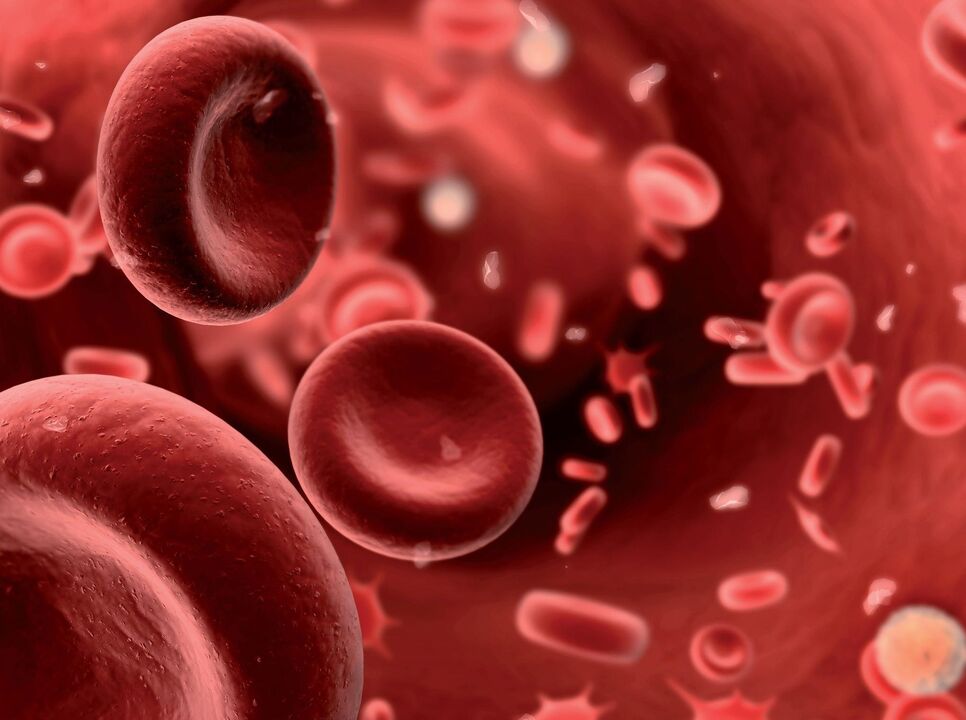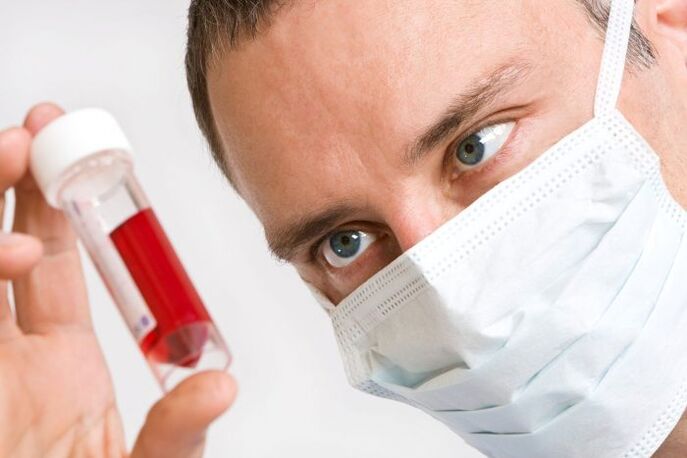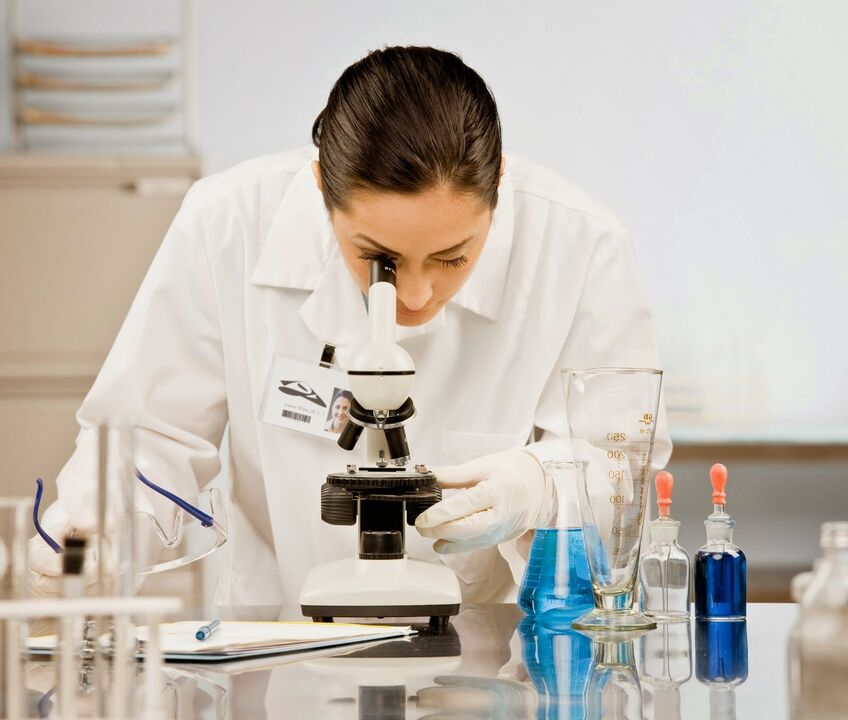There are situations where you need to get tested but the person has been drinking. Accordingly, the question arises, can I drink alcohol before donating blood? First of all, people don't care about rumors, but what authoritative scientific studies say about the effects of alcohol on blood tests.
Alcohol and blood components
You should know: alcohol affects all organs and systems of the body because alcohol is immediately absorbed into the bloodstream and changes its composition. This is the main reason why alcohol affects the blood test process and changes the indicators.
That's why if you want to get accurate results and drink the day before, you need to think about whether you can donate blood after drinking alcohol, and if possible delay the donation for two or three days. . Of course, the effect of alcohol on blood tests can be small, and in some cases the indicators will not change much: it depends a lot on the individual characteristics of the body, the amount of alcohol drunk, type of analysis, and type of alcohol. However, you'd better not take the risk: if the analysis pays off, you could lose serious money.

And if it's more or less obvious with vodka, then when it comes to low-alcohol drinks, in order for a wine lover to understand if it's okay to drink beer before drinking, you need to understand exactly how drunkenness is. before checking. affect the body. To do this, you need to have an idea of how alcohol affects your metabolism and other processes.
Clinical blood test
Alcohol dehydrates the body, causing the blood to thicken. This leads to the fact that a general blood test can show a false increase in the number of white blood cells, red blood cells, platelets, when not their number has changed, but the amount of water in the blood.
There may be another picture. For example, excess alcohol lowers the level of white blood cells in the blood. This is due to the fact that immune cells die in the fight against toxins, as a result of which the white blood cell count becomes below normal. The fewer white blood cells in the blood, the harder it is for the body to deal with infections.

Of course, taking a dose or two of alcohol is unlikely to negatively affect immune system functioning. But if you drink a lot of alcohol, this is a completely different story. If some time after drinking a person feels intoxicated, this is an accurate sign that the immune system is being compromised. With such amounts of alcohol will create a nutritional deficiency, weakening the immune system. And all this can show analytics.
Alcohol also has a negative effect on red blood cells: it causes them to stick together. As a result, clumps of red blood cells are often unable to enter the narrow vessels and cause blockage of blood flow in the capillaries. This greatly reduces the oxygen supply to the tissues and the cells of the body begin to starve for oxygen. This negatively affects the state of health, and, accordingly, the analysis.
Biochemical analysis
Alcohol should not be consumed during any blood test, including when analyzing the biochemical composition of the plasma. These data are needed by the doctor to obtain information about the normal functioning of the kidneys, liver, heart and other vital organs.
The indicators of the blood biochemical test include studies of enzymes, proteins, hormones, electrolytes, glucose, potassium, sodium, chlorine, carbon dioxide and others. Excessive or accidental alcohol consumption can lead to acid-base imbalance and change the levels of all indicators, which will affect the results of the analysis.

Drinking alcohol negatively affects the functioning of the cardiovascular system. So, if the doctor ordered tests aimed at diagnosing her work, the result would be negative. For example, if we talk about how alcohol affects total cholesterol (needed to make brain tissues, nerve cells, hormones), then alcohol increases its concentration in the blood just as much as animal fat. .
Although the body needs cholesterol, excess of it can cause heart disease, as it is the cause of atherosclerosis.
Another type of blood test that is heavily influenced by alcohol consumption are liver function tests. Basically, they measure whether the enzymes it produces deviate from the norm. Their number after drinking alcohol can increase or decrease, depending on the condition of the liver.
After drinking alcohol, the concentration of ammonia in the blood increases, which is the end product of protein metabolism. It then enters the liver through the portal vein, where it is converted to urea. Levels of this toxic substance greatly affect acid-base balance and brain function. Drinking alcohol increases the amount of this toxin in the blood and poisons the tissues.
Hormones and alcohol
If a person drinks alcohol before taking a blood test for hormones, the results will be unreliable. The reality is that hormones are chemicals that control and coordinate the functioning of all tissues and organs. Each of them is secreted by a certain gland and, after entering the bloodstream, is directed to the target cell.
For the hormonal system to function properly and the tissues to respond correctly, the amount of hormones in the blood must be constantly normal. Drinking alcohol significantly disrupts the work of the hormone-producing glands, which has a negative impact on health. That is why if a person drinks alcohol before donating blood, the work of the hormonal system will be disrupted, which will be reflected in the test results. Therefore, to answer the question of drinking alcohol before donating blood, the answer is no.

An example of alcohol's effect on the hormonal system is its effect on sex hormones. Among them, the most important are two groups of hormones - androgens and female hormones. These hormones influence puberty, and the different manifestations of secondary and primary sexual characteristics in males and females (hair growth, breast development, menstrual cycle, fertility).
Alcohol has an adverse effect on all of these processes, affects the results of the analysis, and is the answer, is it okay to drink alcohol before donating blood. If you drink alcohol continuously, impotence and infertility often develop.
alcohol and glucose
If you must donate blood for sugar (glucose), you should know that while it is not a hormone, it clearly shows whether two other hormones, insulin and glucagon, which the pancreas produces, havedoing their job or not. The fact is that glucose is the body's main source of energy, thanks to which cells can grow and develop.
The hormones of the pancreas, as well as the adrenal and pituitary glands, regulate and maintain normal blood glucose levels. For example, the job of insulin is to deliver glucose to every cell in the body. Its work is especially important for the functioning of the brain, since it does not store glucose, but is completely dependent on its supply of this substance by the blood.

Alcohol disrupts the functioning of all these glands, as a result of which the metabolism of glucose is slowed down and its levels are below normal. But there could also be a big leap in the direction. For example, in chronic alcoholics, on the contrary, blood glucose levels increase, reducing the sensitivity of insulin receptors.
In any case, the deviation of the amount of sugar from the norm is an alarming sign. That's why if a person donates blood for sugar after drinking alcohol, the doctor may suspect he has diabetes.
When is it allowed to take?
Thus, it is clear that alcohol, which negatively affects the work of many organs and systems, is the cause of a negative blood test, prompting the doctor to sound the alarm. How long it takes for the body to start working depends on:
- how much time has passed since the last dose was taken;
- how much the person drank;
- In general, how much does he drink?
If it's a glass of wine, you can donate blood for a full day analysis. If you need to pass a biochemical or other analysis that requires more preparation, you are allowed to come in for the analysis after three days. In the case of a severe dose of alcohol, it is necessary to endure a longer period of time before the tests are performed. To get the most accurate data, it is better to wait two weeks.


























